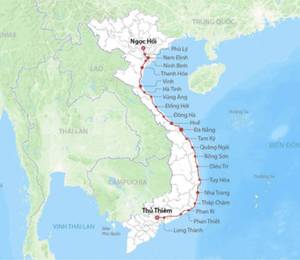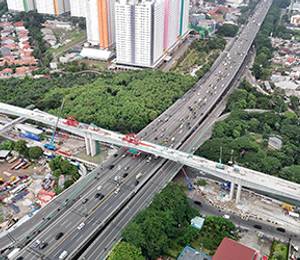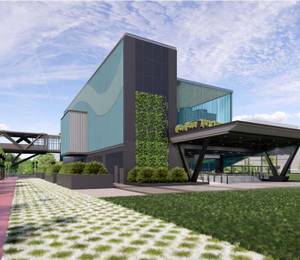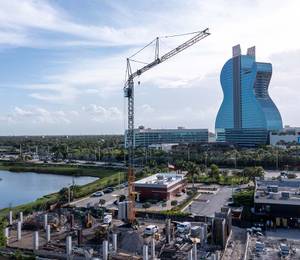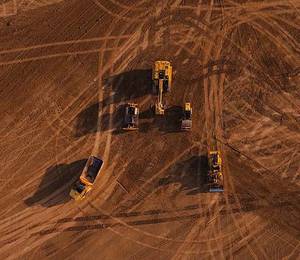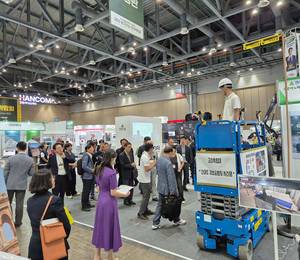Arup has joined 11 other engineers and architects in Singapore to sign up to Construction Declares - a global petition uniting all strands of construction and the built environment.
Construction Declares is a public declaration of our planet’s environmental crises and also a commitment to take positive action in response to climate breakdown and biodiversity collapse. Singapore is the first Asian country to join Construction Declares with both structural engineers and architects as founding signatories. The declaration statements can be found on Singapore Structural Engineers Declare and Singapore Architects Declare.
The founding members of Construction Declares include: five structural engineers (Arup, DP Engineers, RSP, Web Structures and WSP), and seven architects (CSYA, DP Architects, Forum Architects, Guz Architects, Hassell, SCDA and Woha).
“Shaping a better world with social purpose has always been the foundation of Arup’s philosophy and work. Naturally, we are proud and motivated to support Construction Declares,” said Tan Yoong Heng, office leader at Arup Singapore.
“It is important that engineers and architects come together as a collective and commit to put positive environmental outcomes at the core of our working practices. I hope this initiative will inspire others in Singapore and the region, to strive for a more sustainable and resilient future.”
Arup explained that although Singapore is somewhat protected by its equatorial location and its ‘City in a Garden’ policies, the country has been experiencing the twin crises of climate breakdown and loss of biodiversity with increasing periods of drought and higher temperatures. “The Climate Emergency is the most serious issue of our time, and buildings and construction play a major part - accounting for nearly 40% of energy-related carbon dioxide (CO2) emissions while also having a significant impact on our natural habitats,” said the company.
The Climate Declaration is a call to action for everyone working in construction and the built environment to meet the needs of our societies without breaching the earth’s ecological boundaries, emphasised Arup. “This will demand a paradigm shift in behaviour. If we are to reduce and eventually reverse the environmental damage we are causing, we will need to re-imagine our buildings, cities and infrastructures as indivisible components of a larger, constantly regenerating and self-sustaining system.”
